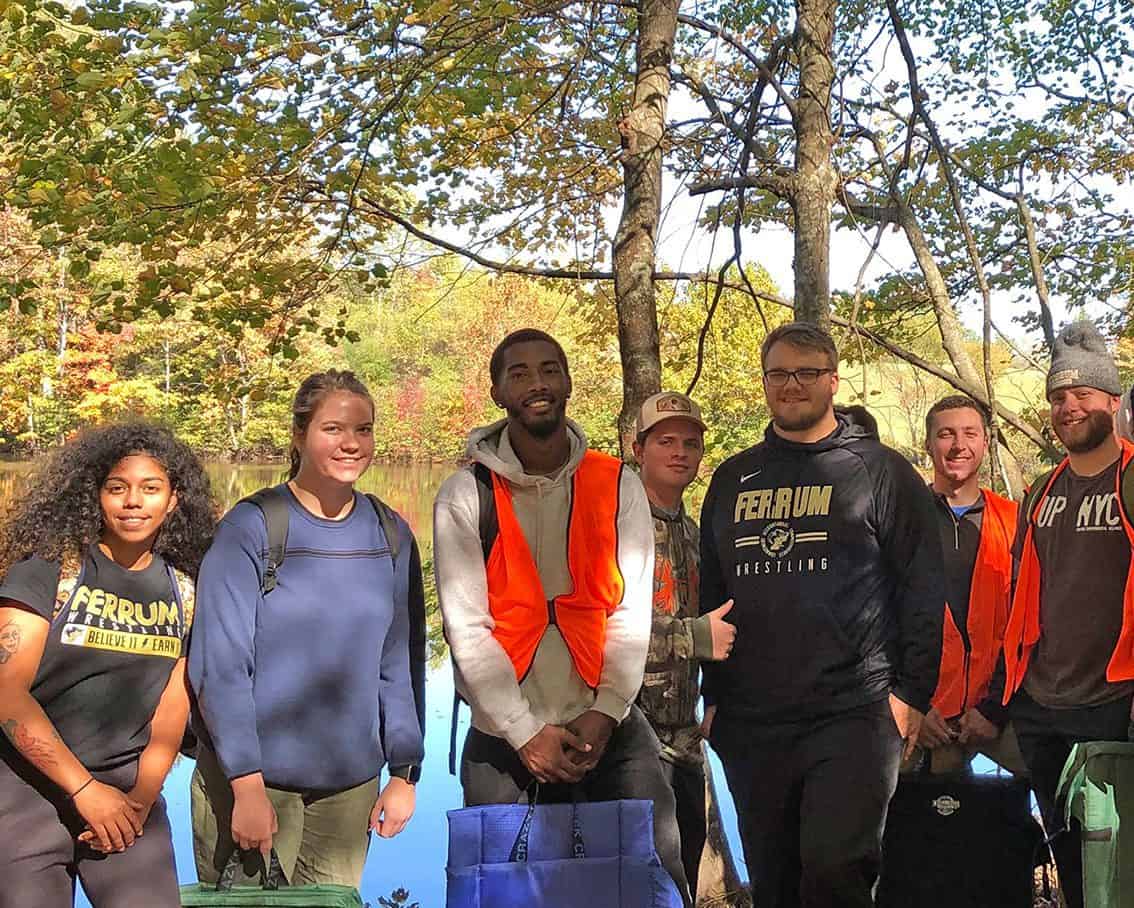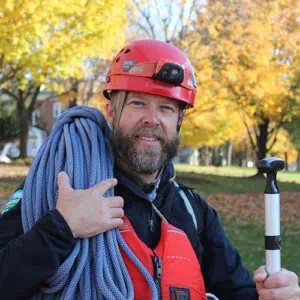
Ferrum College’s ecotourism minor prepares students to lead journeys that respect the earth and its diverse cultures. Rooted in the principles of responsible travel, the program emphasizes biodiversity conservation, environmental and cultural awareness, and contributions to local economic and social development. Students gain multidisciplinary knowledge and skills in ecotourism, protected area management, outdoor recreation, environmental science, and business administration. Whether planning or implementing ecotourism activities, graduates are empowered to become responsible hosts and stewards of the planet’s most extraordinary natural resources.
Tourism professionals who plans and leads tours for customers. A tour guide typically guides groups through natural areas and educates them about the history and the environmental issues the region might experience.
Park rangers serve as stewards of natural and cultural resources, ensuring the protection and enjoyment of parks, wildlife areas, and historic sites. They research, develop, and implement educational programs and interpretive media that help visitors understand the ecological and historical significance of protected areas. Rangers provide essential information on park resources, rules, and programs, while promoting responsible recreation and conservation ethics. They also coordinate park activities, manage projects, and may be involved in habitat restoration, trail maintenance, wildlife monitoring, and public safety. This role blends environmental education, visitor engagement, and hands-on resource management.
Manages operations at eco-friendly lodges, resorts, or tour companies that prioritize sustainability, guest education, and low-impact practices.
You will take a core of ecotourism courses covering foundations of ecotourism, protected area management, and recreation administration.
This course is a study of top ecotourism destinations around the world. Students will learn about the cultures, environments, and tourist sites that draw tourists to each destination. Students will also learn about push/pull travel motivations, basic tourism theory, and leisure of different cultures.
This course seeks to develop the knowledge and abilities necessary to plan high-quality cultural/natural interpretation. After the course, students will understand audiences and the significances of resources so that they may select appropriate techniques for the creation of programs, products, and services. They will discuss, compare, and put into practice diverse theories, perspectives, methodologies, and interpretive tools.
The world’s protected areas serve as repositories of biodiversity, regulators of climate, laboratories for research, sanctuaries for aesthetic and spiritual inspiration, and natural arenas for outdoor recreation and exploration.
Protected area management requires a blend of community participation, interpretation, law enforcement, natural and cultural resource management, administration, and maintenance. This course is an overview of protected area management principles and techniques. Special emphasis will be given to climate change, poverty, indigenous cultures, biodiversity conservation, endangered species, and responsible tourism management.

